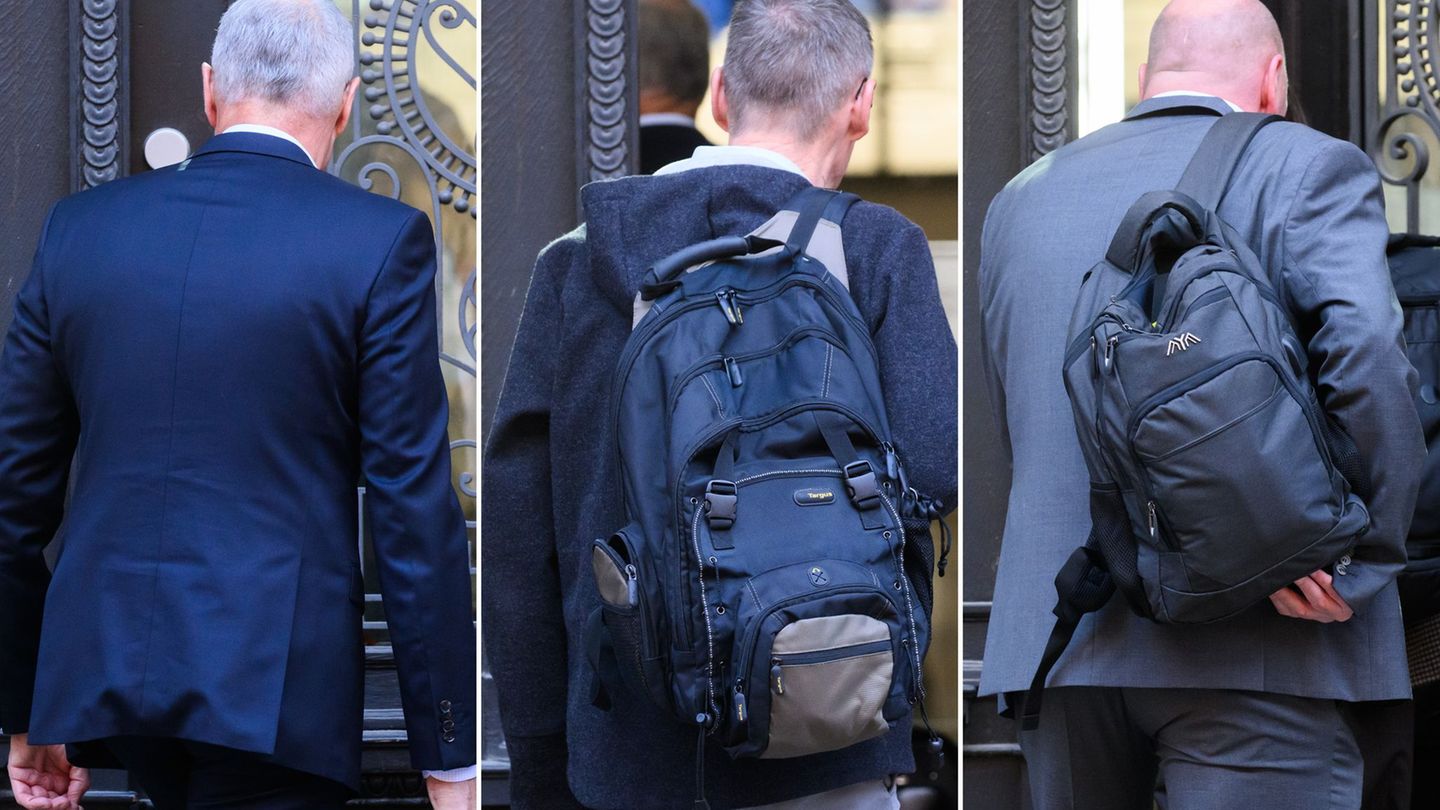I listen to many entrepreneurs describing the current situation as temporary. The dollar is low, rates are low, demand has not yet picked up, and other comments are made in a temporary rather than permanent mode, as if waiting for the pendulum to swing back to its place. What if it doesn’t? My hypothesis is that there is a reasonable probability that circumstances will not change quickly and that it is therefore advisable to prepare for that scenario.
I see that until 2023 we had an Argentina inflated by non-strategic, temporary “measures”. I imagine an overinflated balloon, due to the emission, subsidies, price controls, exchange rate controls, and the lack of commercial freedom. This government is aiming, it tells us, to eliminate these distortions. If it actually does so and succeeds, the balloon will return to a “natural” size smaller than in the past. I don’t see the recession ending quickly because I don’t know if it is a recession or a shrinking of a market that was fictitious (due to public employment, subsidies, etc.). And if that were the case, we would be in a healthier country, but one that does not have room for all those it sheltered in the past. Some will stay inside, others outside. The key to managing a company is to manage to stay inside, looking at your business, and not wasting energy on criticism or complaining.
This is generic. Every company has its own specific case. My proposal is that the management team of each company has to become the protagonists of making THEIR company successful. Sit down, visualize scenarios and agree on the most probable ones. Once everyone agrees on those possibilities, perhaps decisions must be made, now or soon. What do I have to do to be successful in the probable scenarios? When? What decision should I make today?
A visible example today is the decision of a well-known tyre company to initiate a crisis procedure. They do not say “we have lost corporate trust and we have to wait to regain it”, they say “we have lost trust and we are acting”.
A different scenario to the current one, for example, can show us that in a company the relative role of different areas has to change. Perhaps strengthening International Sales, perhaps the People area (Human Resources), perhaps the precision and quality of the cost systems because we have less room for maneuver and we have to set competitive prices without losing, perhaps Purchasing to lower acquisition costs, or the industrial area to produce in the most competitive way possible. Or a restructuring like the one exemplified above.
It is quite possible that the Human Resources department will identify capabilities that we do not have today. And it is very likely that an assessment of all management talent with fresh eyes would be useful to ensure that we have the team with the people who will be able to best face the scenario that we envision. Because the main role of the CEO, in addition to daily decisions, whether shareholder or officer, is to put together the team that will best lead the company towards a prosperous future at the best possible cost (which implies not only additions but changes).
You have to decide between continuing to “fiddle around” day to day, seeing what happens, or making a strategic planning of scenarios and resources that answers the question of what I have to do to be one of those who stay within the shrinking globe, and not one of those who fall into the void. From my personal conversations, many say they thought about it, but few have formalized that process, which is the difference between “thinking” and “acting.” And
We all know that in this complex world, what counts are actions.
Ricardo Backer
Founding Partner of Bäcker&Partners. Consultant specialized in Executive Searches and Cultural Transformation of Organizations, coach in Neuroleadership.
Source: Ambito
David William is a talented author who has made a name for himself in the world of writing. He is a professional author who writes on a wide range of topics, from general interest to opinion news. David is currently working as a writer at 24 hours worlds where he brings his unique perspective and in-depth research to his articles, making them both informative and engaging.




